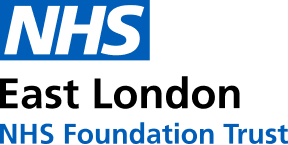There are a number of different kinds of projects involving data collection, research, audit, service evaluation, Quality Improvement (QI) initiatives, case notes studies, student thesis, etcetera. All of them require formal authorisation from the Trust before participants can be approached or data collected.
Choosing a study type
The first step is to determine what kind of project you propose to undertake, as different types of projects are subject to different regulations and routes to obtain the appropriate authorization. The primary element which distinguishes one kind of study from another is not sample size, or obtaining consent, or what type of data you collect or from whom, or funding and so on, but the intent of the study.
Do you have an idea for a service evaluation or research idea in the early stages? If you'd like to talk to a researcher in the NIHR Applied Research Collaboration North Thames Academy about developing your idea or collecting your data then sign up through the online support page for a one-to-one slot on Tuesday afternoons.
